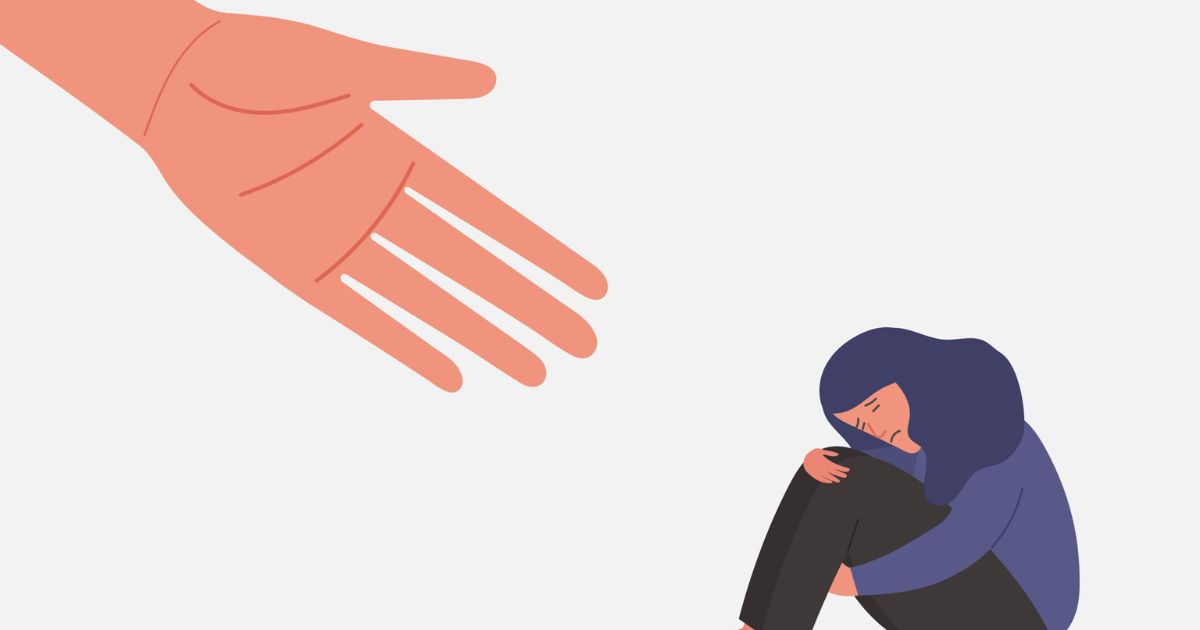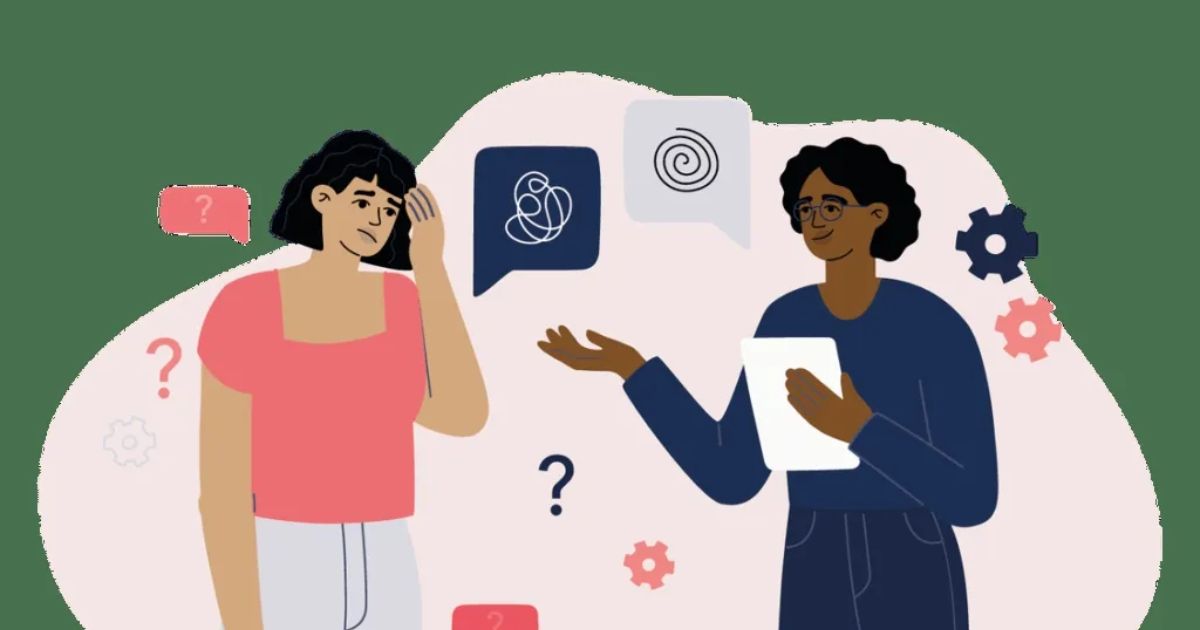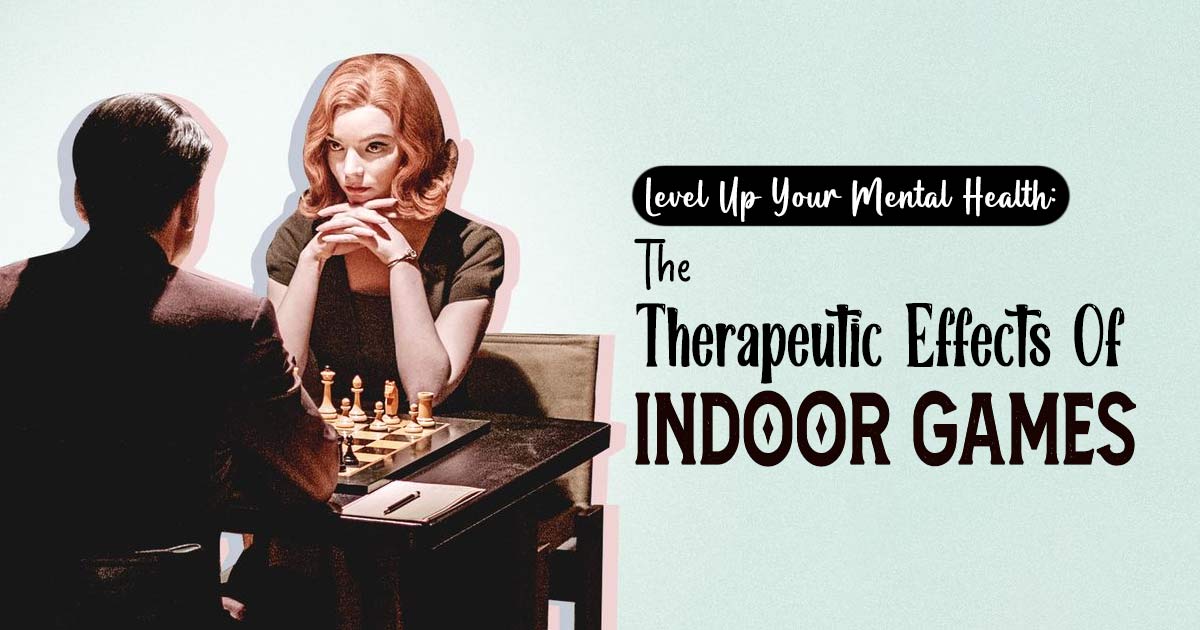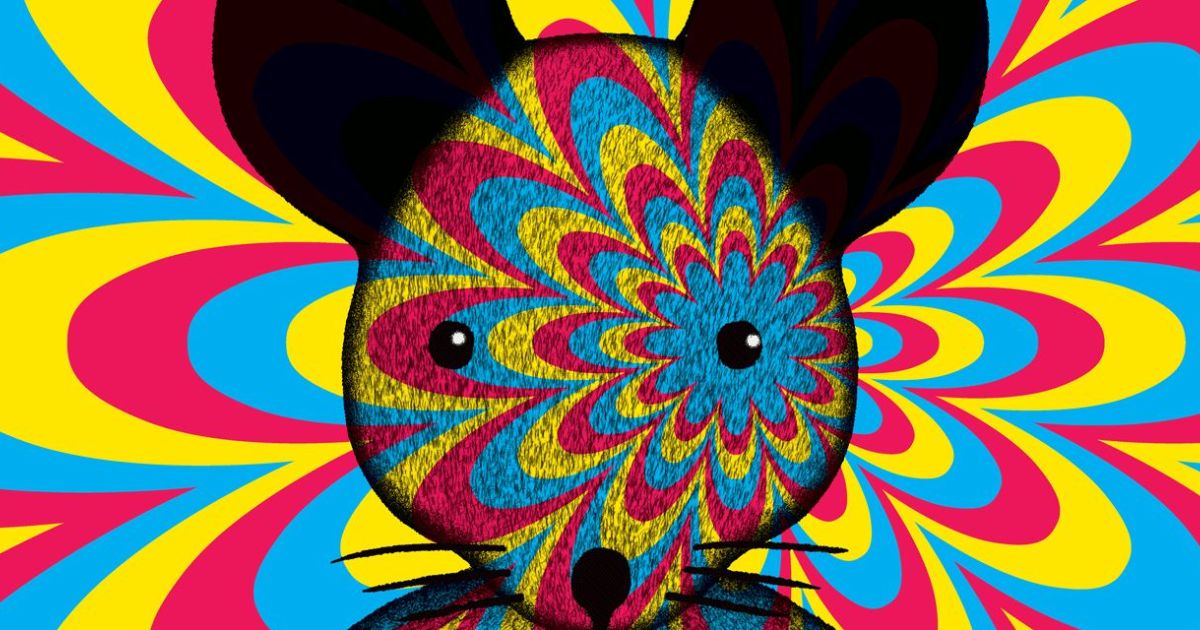Brain News
A team of researchers at Baylor University in Waco, Texas, studied how agnostics and atheists sleep better than people with religious beliefs. The study is published in the journal Sleep.
The Study
The researchers wanted to better understand mental health and sleep health in church settings and so they studied 1501 participants who took part in the 2017 Baylor Religion Survey. The participants were either religious believers, atheists, or agnostics. They answered questions about their religious affiliation, behaviors, and perceptions, as well as their sleep quality and quantity. They also rated their difficulty in falling asleep at night.
The Findings
The results showed that 73% of atheists and agnostics sleep better and longer than people of religious faiths. They reported getting seven or more hours of nocturnal sleep and matched the sleep schedule recommended by the American Academy of Sleep Medicine for optimal health. They also reported that they experience sleep problems less than their more religious peers. In comparison, only 63% of Catholics and 55% of Baptists reported sleeping at least seven hours every night.
It was consequently found that people who slept longer and better (aka the atheists and agnostics) enjoyed greater mental health and a more optimistic outlook on life. This, in turn, manifested in positive expectations of getting into heaven.
Towards Interventions
In the words of the researchers, “sleep loss undercuts many human abilities that are considered to be core values of the church: being a positive member of a social community, expressing love and compassion rather than anger or judgment, and displaying integrity in moral reasoning and behavior.” Therefore, they are looking to formulate innovative sleep interventions that can boost both sleep health, piety, and community behavior.
To Know More You May Refer To
Fergason, K., Rowatt, W., & Scullin, M. K. (2020). 0193 sleep health across religions: A consideration of bidirectional processes. Sleep, 43(Supplement_1), A76-A76. https://doi.org/10.1093/sleep/zsaa056.191



























